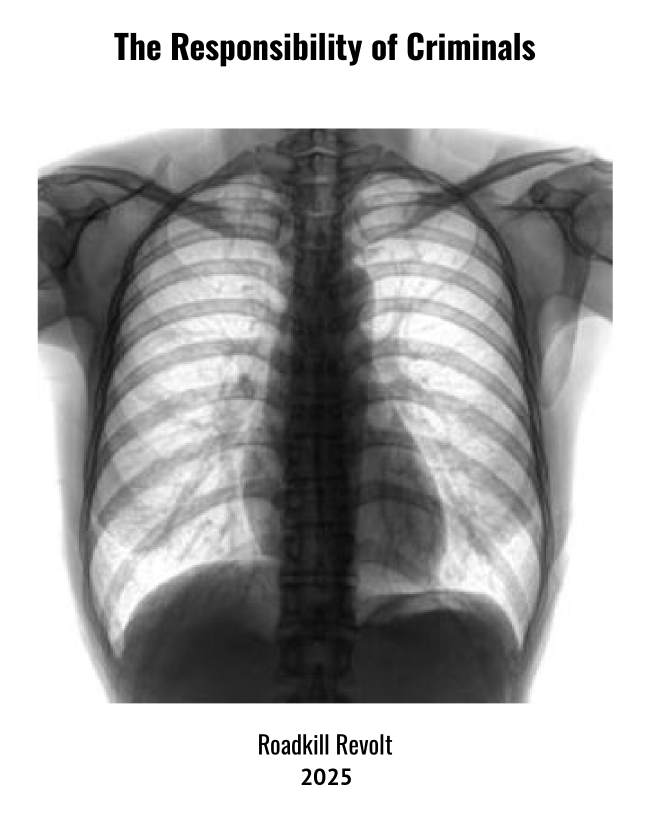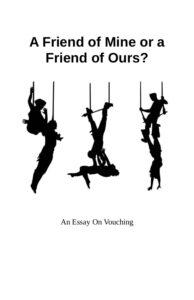Hello NeverSleep anarchists,
I woke up 4 o’clock in the morning, I decided to visit your website to see is there are some news, and I see you published questions about political criminals, should we spend time with other people and expose/bring them automatically to repression? here is my opinion, I will try to be short, but I see author of zine don’t know so much about spies therefore I must write longer. you can also publish this message on your website because we can not leave comments on articles, therefore I send email to you.
Person who made questions in this zine asked many questions and I can not answer all of that, I can say one short example: I was in Denmark and I said to anarchist (insurrectionist) girl from Croatia: I am followed by danish spies and if I visit anarchists, they will be followed also, therefore it is better that I don’t visit their gatherings and don’t spend time with them. She told me: “we are anarchists and we must accept that we are under repression, we can finish any time in the prison, we must stay together and we should not separate because of repression, it means I should not avoid other anarchists.” it is the same about spending time with illegal immigrants or soup kitchen mentioned in this zine about political criminals, if you are under repression, you should not isolate yourself from others, and others should accept they can finish in the prison because ruling class make repression and nobody can escape from that. so, I answered shortly about many questions from zine.


